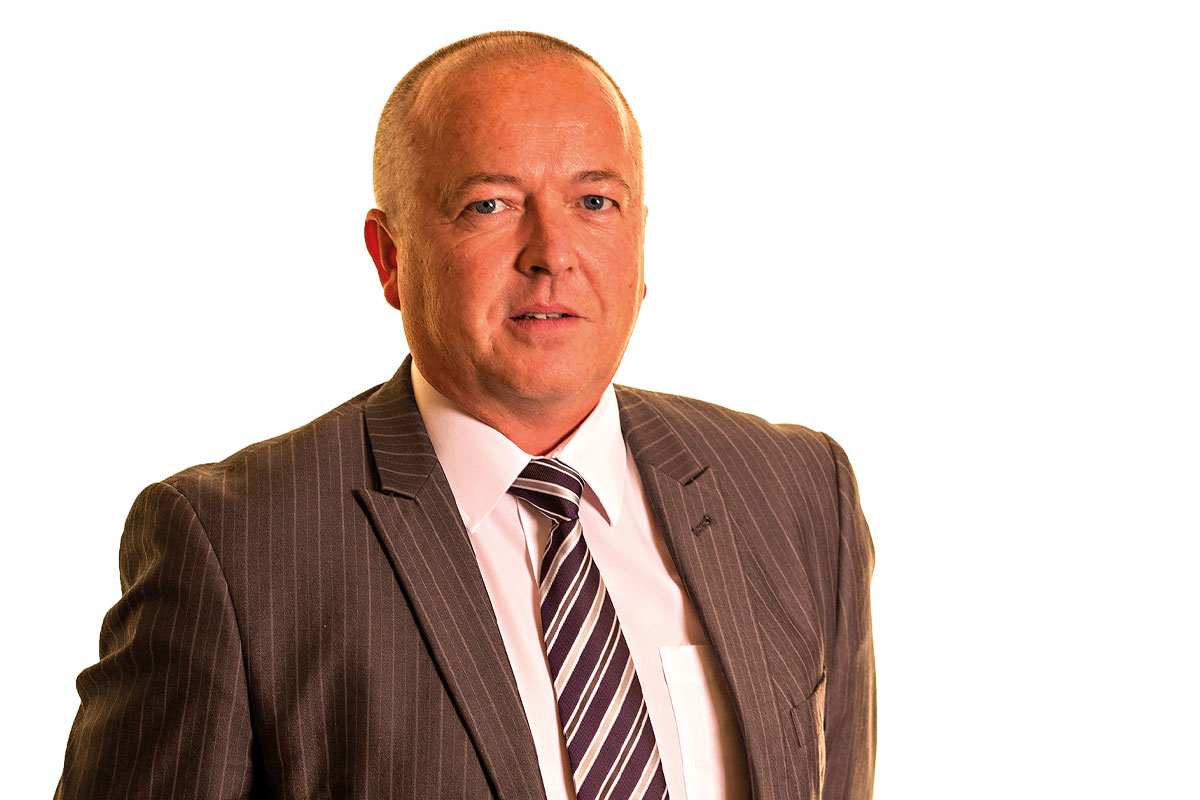
Plans for a Scottish ‘tourist tax’ have passed their first legislative hurdle at Holyrood, prompting the hospitality industry to warn ScotGov against burdening businesses with yet another legislative booroch like the ill-fated Deposit Return Scheme.
A majority of members on Holyrood’s cross party Local Government, Housing and Planning Committee supported the general principle behind the Visitor Levy (Scotland) Bill legislation – that Scottish local authorities should be allowed to charge an overnight accommodation levy, if they wish to do so.
It is proposed that council areas with a high throughput of tourists could use the money raised to help meet the demand for additional services and infrastructure that this extra footfall creates, whether that be litter-picking, parking, signage or any other freely accessible utility that would otherwise be paid for out of the resident public’s pocket.
The argument is that a well-designed levy, set at a modest rate, should not discourage visitors, whilst bringing benefits for the tourism sector and locals alike.
The draft Bill is also at pains to emphasise that the detail of how such a visitor levy would be implemented and managed – likely not before 2026 – would only be agreed after extensive consultation with local communities, businesses and tourism organisations.
But the hospitality sector has spotted that the proposed legislation identifies the ‘liable person’ responsible for paying the levy as anyone who either provides overnight accommodation to a visitor, or is the occupier of the premises at which that overnight accommodation is provided.
So everyone from major hotel operators, through B&B providers, to campsite owners and operators of car parks with camper van provision, will thus be required to collect the levy from their overnight guests, then pass that cash on to their local council, most likely on a quarterly basis – and be responsible for keeping accurate, up-to-date records of all payments collected and passed on, which must then be retained for five years, under threat of penalty.
As such, UKHospitality Scotland executive director Leon Thompson warned that the proposed Visitor Levy would come with ‘significant costs’ to businesses implementing new, or upgrading existing IT and payment systems, as well as finding the extra human resources that would be needed to manage the charge.

“Given the scale of change this tax will bring, to businesses and customers, it’s very concerning that the Local Government, Planning and Housing Committee has concluded that the 18-month period set aside for businesses to prepare could be reduced to 12-months,” said Thompson.
“That is simply not long enough. Accommodation providers will need maximum time to prepare their systems, teams and customers for this change.
“There is also the issue of businesses paying commission on bookings and credit card transactions. As things stand these are to be borne by businesses, whilst councils look to recover their costs. The legislation must provide for businesses to recoup expenses associated with administering the scheme, on behalf of local authorities.”
Thompson was particularly concerned that the committee report had pushed the resolution of hospitality’s outstanding issues onto an Expert Working Group charged with creating ‘guidance’ which would not be statutory.
“It appears that business-critical issues raised during the consultation and at the Committee’s evidence sessions are being swept under the carpet,” warned Thompson. “If we are to learn lessons from previous failed initiatives, like the Deposit Return Scheme, all these issues must be resolved in legislation. That is the only way to provide certainty to businesses.”
The Scottish Licensed Trade Association also invoked the spectre of the DRS, as it voiced ‘deep concern’ over the tourist tax proposals and advised ScotGov not to ‘allow flawed legislation to become the big story again’.

SLTA managing director, Colin Wilkinson, welcomed Public Finance Minister Tom Arthur’s pledge to hold talks with tourism and hospitality businesses and local government to explore how to develop the scheme, but warned that its implementation would place yet another burden on a hard-pressed sector.
“At a time when businesses in the licensed trade are still recovering from the pandemic, struggling to find staff, finding ways to deal with soaring utility bills and, like the people who use their services, navigating the cost of living crisis, this is the last thing we need,” said Wilkinson.
“You must also consider that tourists spending time in Scotland may well be on a fixed budget so making them pay a tourist tax could mean less money being spent in our pubs, bars, restaurants and hotels.
“It has been mentioned by some politicians that there are successful tourist tax schemes in Europe, but in those 21 countries, tourists requiring accommodation do not have to pay 20% VAT,” he noted. “When the levy is introduced, visitors staying in Scotland will pay 20% VAT plus a tourist tax which will also be subject to VAT – a tax on a tax!”
Wilkinson also asked for assurances that the monies raised would be ‘ringfenced for genuine tourism initiatives’ at a time when local councils were very visibly struggling to fund core services.
“We have already picked up that some local councillors are of the view that this extra revenue could help prop up other budgets within councils,” he said.
“First Minister Humza Yousaf pledged to give us a ‘New Deal for Business’ but we’re seeing very little of that so far at a time when businesses across Scotland need support if they are to be part of efforts to rejuvenate communities, boost economic growth, and create jobs.”
Commenting on the Local Government, Housing and Planning Committee’s in principle approval for the Bill, convener Ariane Burgess MSP said: “In supporting the Visitor Levy Bill at Stage 1, a majority of the members of the Committee recognise its potential to positively impact Scotland’s tourism sector.

“Understanding concerns from businesses and being mindful of possible administrative burdens, a majority of members of the Committee believe that industry worries can be resolved through constructive engagement and consultation at the local level, ahead of any levy being introduced in 2026.”




















